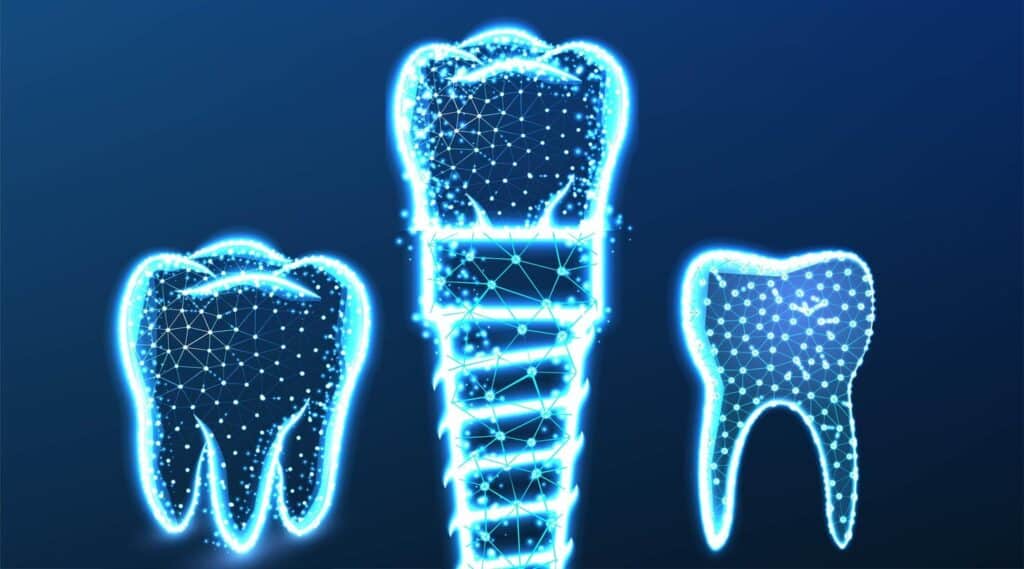
The dental industry is changing from a field of drills and fillings to a highly technical field of precision and personalization, thanks to Artificial Intelligence. A Boise family dental care clinic reveals that this technology is starting to influence dentistry and is paving the way for a smart-based and patient-centered approach to oral health care.
Improved Diagnostics
Unlike conventional diagnostic techniques, AI-powered technologies can accurately detect early signs of oral cancer, periodontal disease, and tooth decay. The traditional methods depend on the skill of dentists to decipher X-rays and other imaging data, but they may overlook minor indications of illness.
On the other hand, machine learning algorithms can examine dental radiographs to find irregularities that might not be visible to the human eye. In order to help dentists provide prompt and efficient interventions, AI can also identify areas of concern for additional assessment.
Treatment Planning
In orthodontics, 3D scans of a patient’s teeth can be analyzed by AI-driven software to create personalized treatment regimens. These can recommend the best alignments as it can forecast how teeth will move over time. In this manner, technology is revolutionizing treatment planning with precision.
Prosthodontic AI tools are also simplifying the design of dental crowns and implants. By simulating the fit and functionality of prosthetics, they can lessen the need for multiple adjustments and increase patient satisfaction. This capacity guarantees that therapies are more efficient.
Enhanced Patient Experience
A vital component of dental care is patient engagement, and artificial intelligence is improving this experience. Oral care services in Boise, ID, explain that administrative tasks can now be organized by AI, and this allows the clinic to focus on the more important task of treating the patient.
AI is also empowering patients by educating them through chatbots and virtual assistants. It can help them decide on the best thing to do by offering personalized advice based on what’s in the database and responding to FAQs regarding dental procedures.
Preventive Dentistry
Better oral hygiene is ensured by AI-enabled toothbrushes that track brushing habits, pinpoint the teeth that are overlooked when brushing, and provide real-time feedback. This increases the efficiency of dental care, which is an essential part of preventive dentistry.
There is AI technology that can also examine data to find patterns that might point to a risk of dental problems for a patient. Dentists can use this information to develop plans that are specific to each patient and prevent the need for invasive and expensive procedures in the future.
The Challenges
There is no denying AI’s advantages in dentistry, but there are drawbacks and moral issues that need to be resolved. AI systems need access to patient data in order to operate efficiently, and this can be considered a breach of the person’s privacy.
The possibility of bias in AI algorithms is another difficulty. This can result from limited diversity in data and subjective labeling by a clinician. They lead to somewhat average conclusions instead of accurate analyses of the patient’s condition. To reduce this risk, constant dataset creation and routine AI system audits are essential.
Conclusion
AI is beginning to revolutionize dentistry by bringing accuracy and speed to dental care. Boise family dental care clarifies that the technology now assists dentists in making sure that treatments can be less invasive and customized to meet the needs of every patient. There might still be challenges, but the potential exceeds the disadvantages. For your dental treatment, visit Boise Dentistry Co. or call us at 208-939-7053.